Blog
On people,business,technology and economics.
Interview
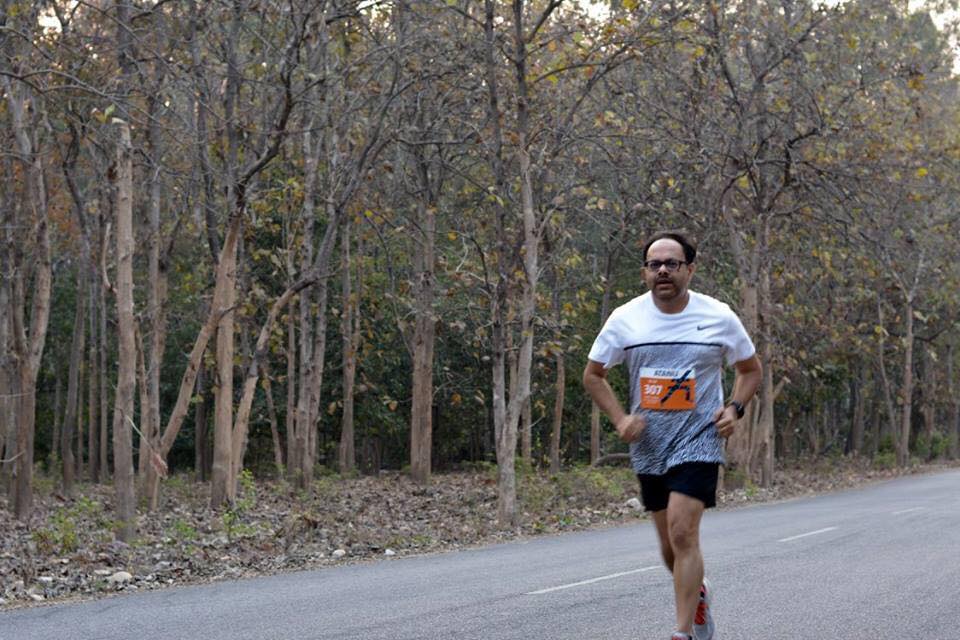
Mr.Atanu Roy,Sr.VP and CIO,Head:Global Information Technology, Sun Pharmaceutical Industries Ltd. speaks to us about his IIT, IIM days and his over two decades of experience in the IT industry.
Mr.Atanu Roy is a Member of the Advisory Board of REACH Technologies.
Please tell us about your early years. Where did you grow up, what are some of the early influences.
I grew up in Ranchi,Bihar in HEC colony. HEC was one of the first public sector enterprises of India drawing people from across the country which provided a cosmopolitan environment in the colony. Studied in St. Xavier’s School and College in Ranchi.
Early influences were quite a few: parents ( Shri.Nandadulal and Smt.Santa Roy ),many teachers in school and college
( Mr.Cherian, Mr.Tantubai, Mr.Hira Prasad, Mr.Mukul Banerjee) and lot of friends who have remained friends for life.
Later in life, my wife,sister and daughter have had significant influence helping me learn the art of balancing priorities.
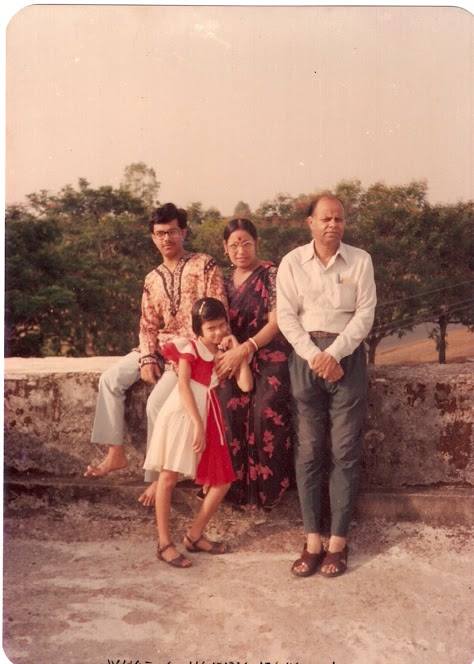
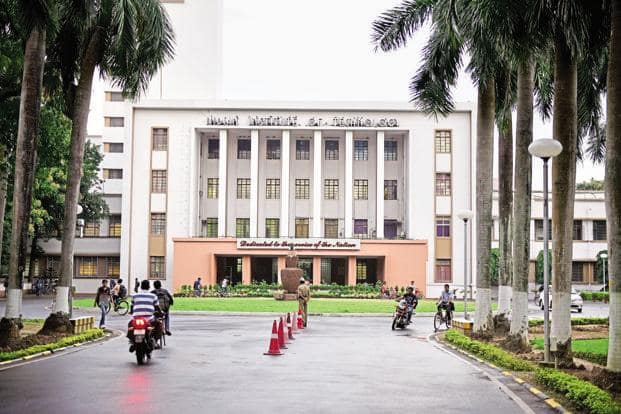

Please tell us about your days at IIT Kharagpur.
Life at IIT Kharagpur was great fun and rewarding. Made life long friends. Hostel life was fun and never missed home though was living away for the first time. Met some of the best teachers who kindled deep interest in the subject. 4 years passed leisurely and it looks like we were there just yesterday....made friends with all type of students and also had opportunity to observe a few geniuses working from very close quarters.
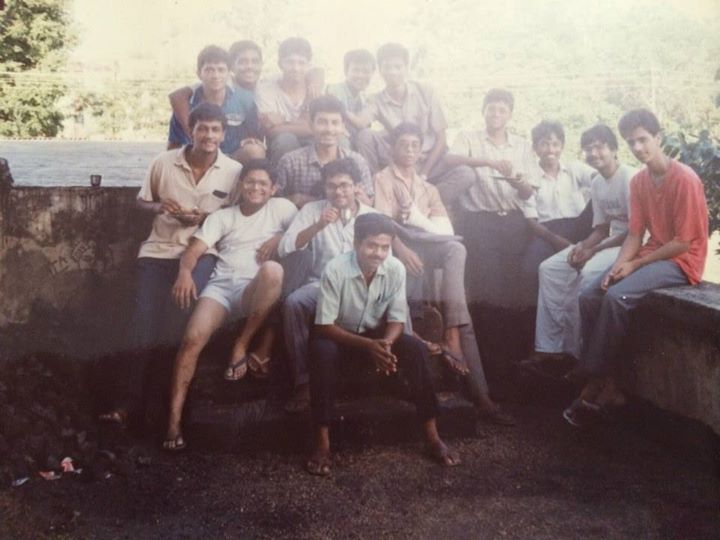
How was the experience at IIM Kolkata.
The 2 years at IIM Kolkata passed very fast...great campus,amazing economics professors who could hold your attention for 2 hours lectures with ease and had full attendance classes in a place where attendance was optional. Great fun and regular parties amidst multiple quizzes, mid terms, end terms, relative grading , summer placements, PPOs, final placements..life passed too quickly.. Here found education was 30% in class room and 70% with friends & class mates.. and it was designed that way..
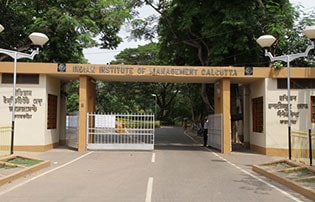
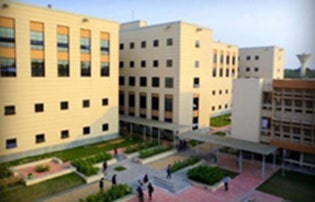
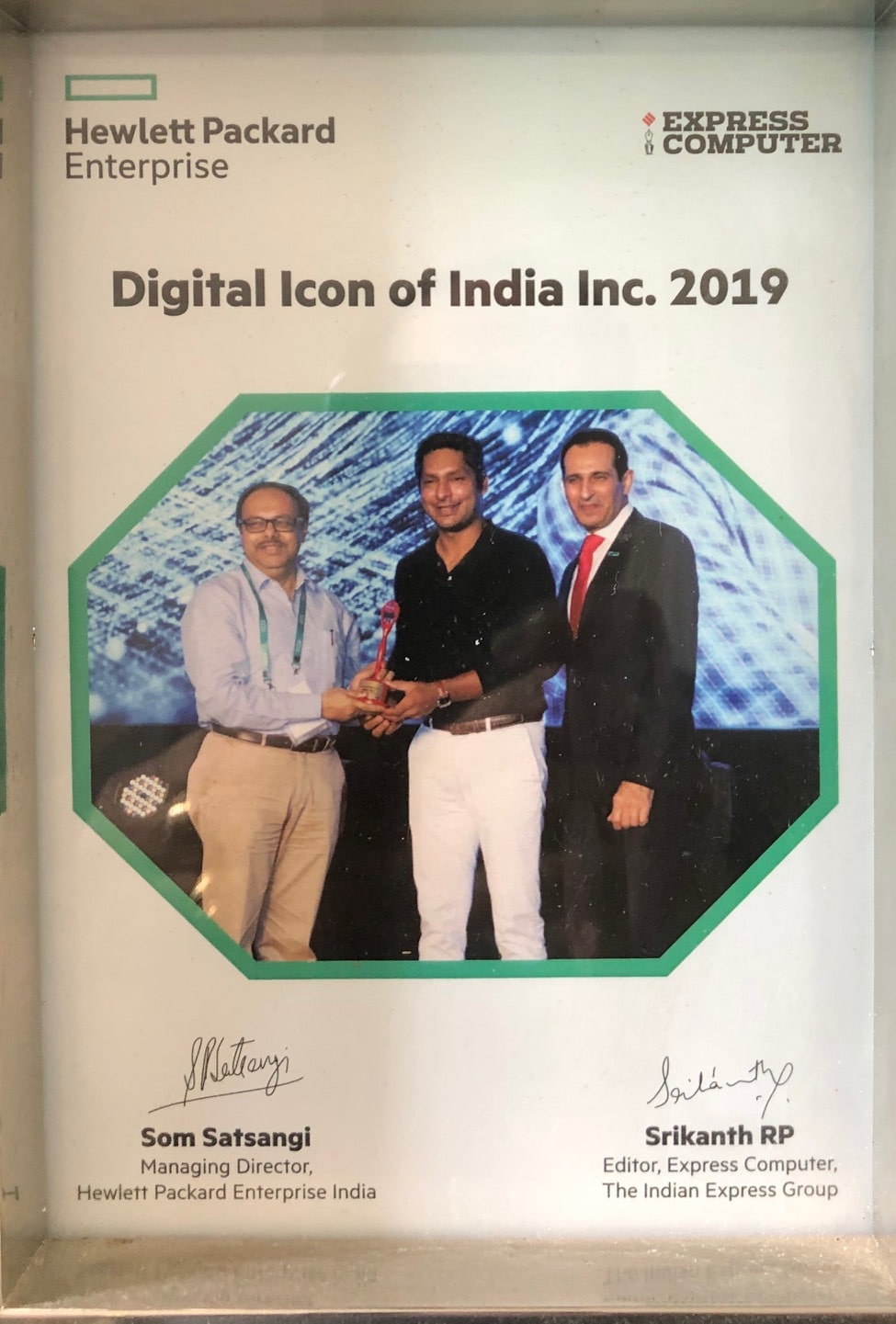
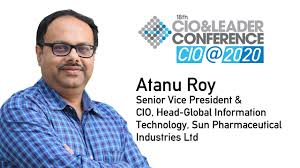
You have many years of experience in the IT sector and have seen the IT industry transform over the years. Could you please tell us a little about your experiences related to these changes.
I have over two decades of experience in the IT industry.When I started my career, packaged ERP software were just coming up. Prior to that we had custom software being written for multiple applications. Packaged software came with industry standard business practices. This enabled customers to rapidly implement computerised standard industry practices and automate their processes. For Indian companies this was a big boon as it helped them leap frog and eliminate some of the hardships that Western companies endured during the early decades of long and often failed IT implementations. My focus had been to ensure that business outcomes are met while these large scale IT implementations are being executed. This involved designing and configuring business processes in the software to meet the desired outcomes like achieving delivery excellence or improving customer satisfaction or achieving targeted inventory turns and optimizing asset utilization. While the software remained the same, how you implemented it incorporating the innovative design of business processes lead to differentiation and building competitive advantage for the companies. Improving business processes through IT implementation was the cornerstone of these implementations.
My next set of IT projects involved eCommerce and enabling collaboration between business partners through technology platforms which lead to creation of extended supply chain. I was fortunate to be part of a mega global project that enabled collaborative supply chain across very large hi tech companies. This initiative in early 2000 set the standards for collaborative supply chain across various industries and it was leveraged later on by various companies.
Parallely i was working on multiple supply chain improvement initiatives enabled by technology like SAP SCM, other supply chain packages and introducing IOT/RFID/sensor based integration to the supply chain to make them intelligent and autonomous with additional algorithms and analytics.
This led to the usage of advanced analytics in supply chain way ahead of the time artificial intelligence and machine learning became popular.
Subsequently i had opportunity to do innovative projects across a wide spectrum of manufacturing industries with business process improvement and building competitive advantage being at the core of it. Last few years my focus has been to use the recent innovations in technology like IOT, sensors, advanced analytics and cloud computing to transform the business models and processes of the organizations.
The technology innovation in the past few years in digital technology has been very distributive leading to building innovative business models and solutions. I have had the opportunity to use design thinking in building these innovative digital solutions making it intuitive for users leading to higher adoption and increased benefit realisation.
The last few years of driving digital transformation has been very interesting. New technologies enable integration of enterprise systems with persons, material flow and machines not only within the four walls of the enterprise but across the value chain with business partners and even in the transportation lanes. This convergence with advanced analytics is leading to formation of autonomous systems driving immense productivity with insights not available earlier.
Consumerization of IT is another important aspect and users expect user friendly intuitive solutions in enterprise as they experience in their personal lives. This has lead me to integrate and use design thinking concepts in designing IT solutions for the enterprise solutions as well as user facing solutions for customers and business partners.
What are some of the toughest challenges that you have faced in your career and how did you overcome these.
Execution of large projects involving new technology within timelines and budget primarily due to gaps in skills either in business domain or technology. Though this has been repeated in the industry multiple times .. still remains the most important challenge that I have been facing. As technology has been changing fast.. availability of skill sets in new areas in adequate numbers have been a concern.. leading to delays.
Design of user interfaces to make it intuitive and obviate / reduce the need training has been another challenge.
Both have been addressed by organising very focused on the job training programs / multiple small pilot projects on technology areas as well as design thinking. Very robust project management approach detailed focus on execution has helped address these challenges.
Building strong leadership team with focus on execution has been critical in addressing these challenges.
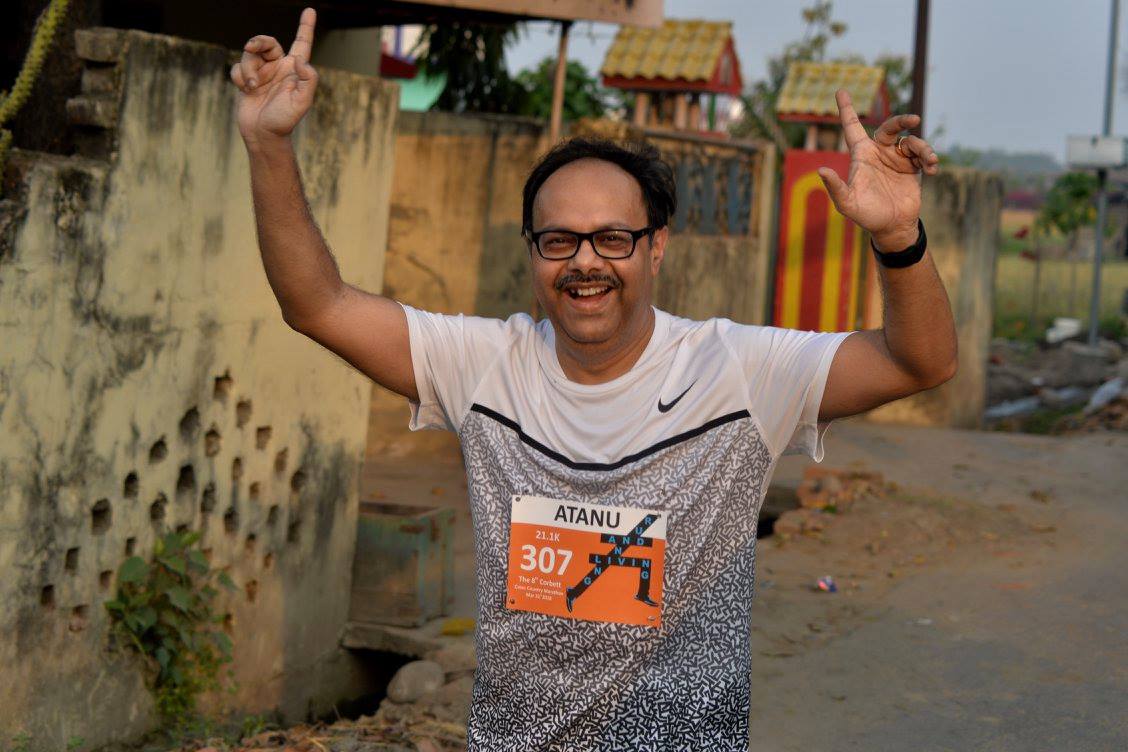
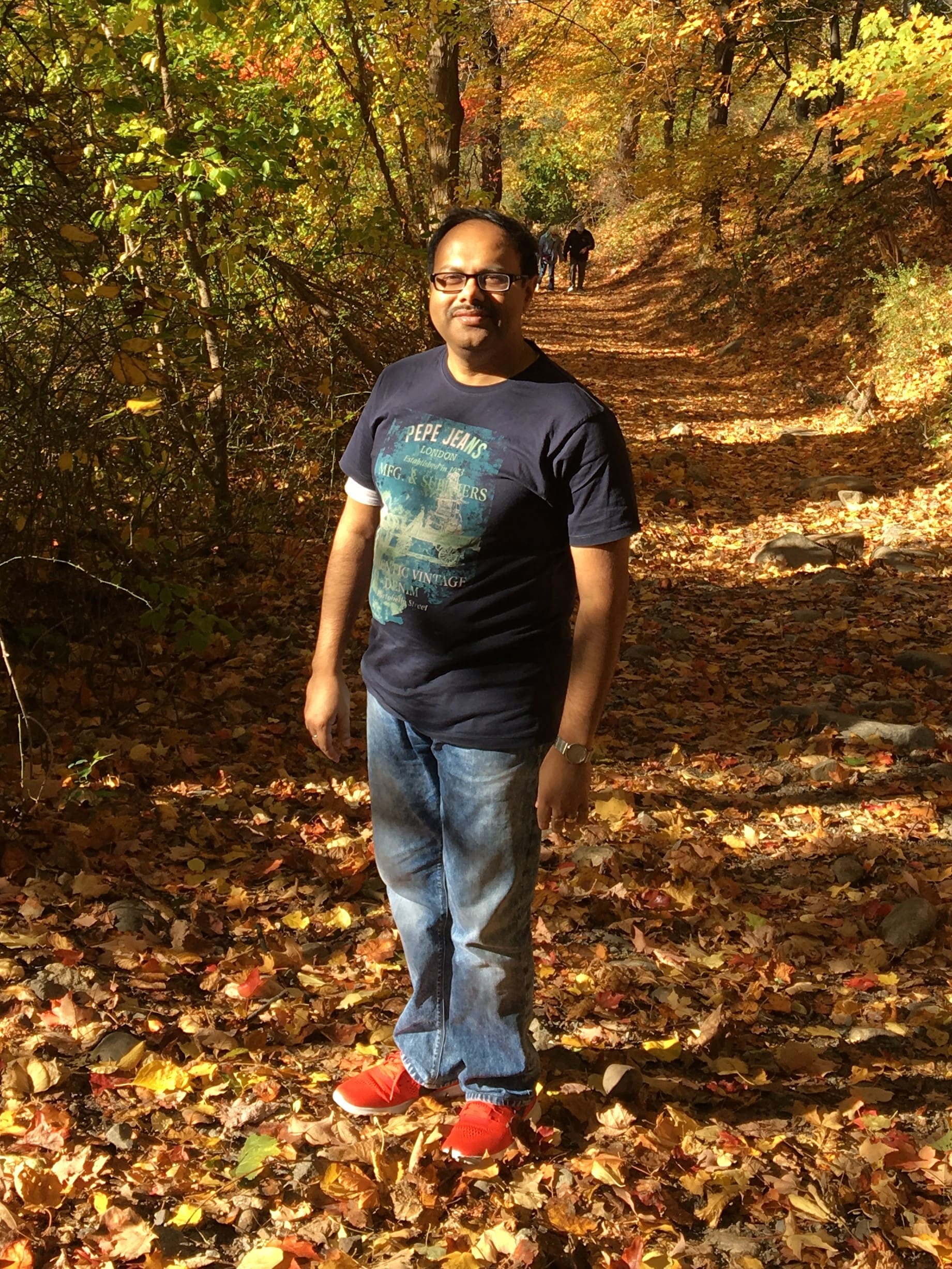
If you could go back in time and advise your younger self, what 3 advice would you give?
1) Productize your solutions and create distinct IP
2) Have an hour for fitness every day...it doesn't waste time ..rather increases productivity
3) Identify an activity apart from work that provides joy and is sustained for a long duration.
What would be your advice to young professionals joining the IT sector in India now?
1) analyse yourself, identify your strengths and build unique capabilities. Get into the zone where you do what you love, what the world needs, what you can be paid for and what you are good at : the Ikigai zone as defined by the Japanese.
2) Consciously learn something new aligned to you road map, every week.
3) Do 30-60 minutes of intense exercise every day.
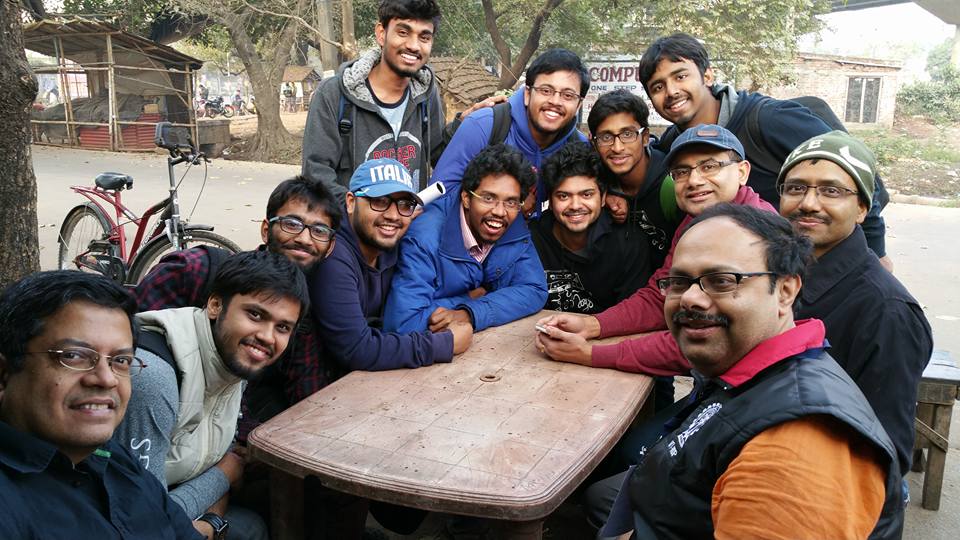

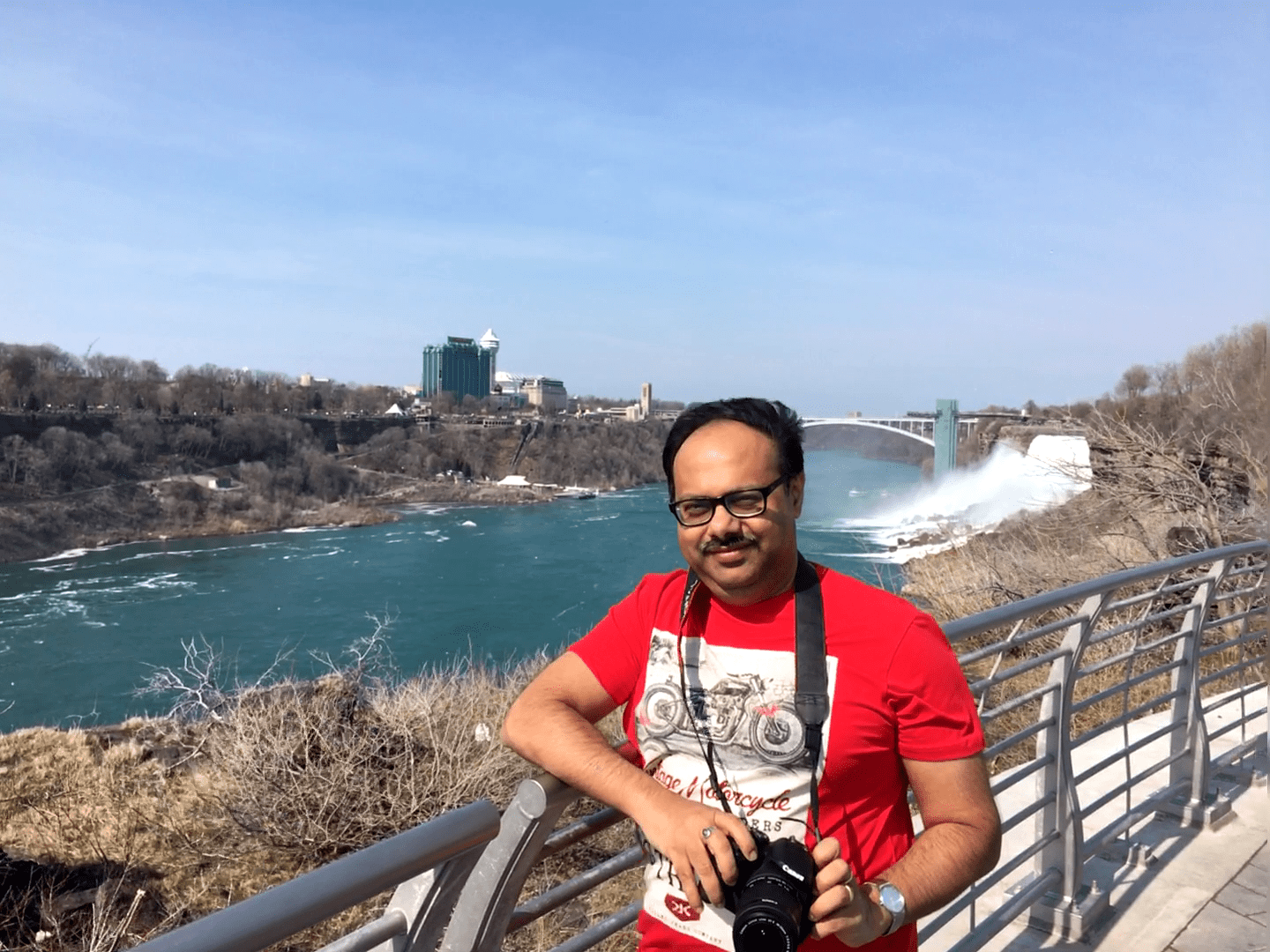
What are your hobbies?
I try and practise yoga daily. Have also taken up marathon in the last couple of years. Love reading and find sketching and cooking help me unwind.


